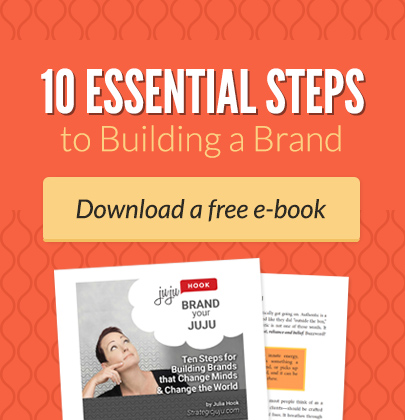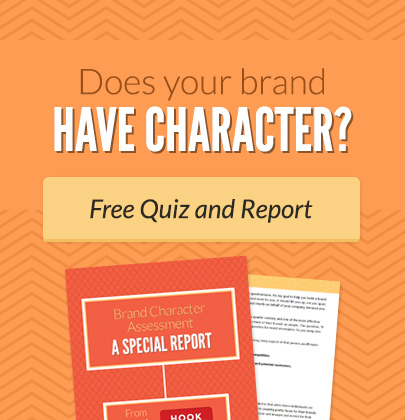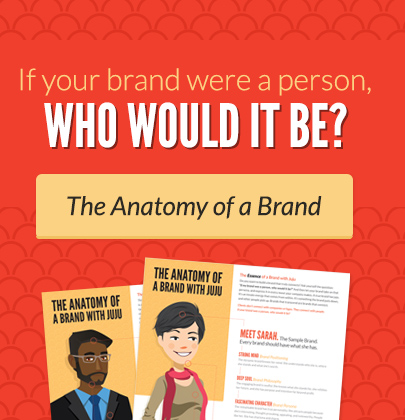As of late, I’ve been overcome by the power of words.
The current political environment and the division of our country are driven by words.
The holiday shopping season and the frenzy that ensues is created with words.
The rise of the sale of Internet products: words.
The coaching and consulting that has become so prevalent in our society: more words.
Performance reviews, TED Talks, sales pages, op eds, podcasts, elevator speeches, LinkedIn profiles, Tweets, emails, stand-up comedy, and angry rants in the comment section of news blogs: all words.
Most of us have told our children at some point or another that words are just words. “Sticks and stones” and all of that.
But I’m of a different mindset.
I’ve always been moved by the power of the perfectly precise word. Or the carelessly chosen one.
I like the way words roll around on my tongue. I like to try them on, try them out, and try my hand at new ones. When I write, I labor or delight over each and every one. When I speak, I’m thinking of the next word as the current word is sliding – leaping, falling, escaping, running, gliding, tumbling – from my mouth.
Rudyard Kipling said, “Words are, of course, the most powerful drug used by mankind.”
We’re at a loss for words.
We make plays on words.
We give a word to the wise.
We hang on every word.
We struggle to get a word in edgewise.
We want, of course, the final word.
It’s in our choice of words that we cross the line from persuasive to manipulative.
It’s our choice of words that we escalate our message from angry to malicious.
It’s in our choice of words that we tell the whole truth, or the tiniest of white lies, just until we can get someone’s attention, when (we promise ourselves) we’ll lay the whole truth on the table.
It’s in our words that we’re unreservedly explicit or intentionally vague.
Whether you’re building a brand or promoting a product, putting forth an ideal or professing your belief, raising a child or influencing a team, your words have power. Use them as tools, or use them as weapons. Use them as salve or as salt for a wound.
Here’s the thing about words: we toss them around like confetti, when so often they’re more like hand grenades.
I recently came across a list of “Power Words” for bloggers. It was divided into categories based on the emotion that the writer wanted to elicit in the reader. Three of the categories were fear, lust and greed. The writer of the list said, “Fear is one of the most powerful emotions. It’s effective. But don’t overdo it.” He then suggested using words like agony, apocalypse and Armageddon (the list is in alphabetical order – I won’t go any further) in blog post headlines to encourage click-through rates.
As I life-long marketer, I’ve been taught to use words as tools. I’ve come to understand their absolute power in so many given situations.
And I want to ask you this:
Do you really want to frighten people into reading your story?
Do you want to manipulate them into buying your product?
Do you hope to convince or persuade them that what you have is worth buying?
Do you need to incite greed in another human being to get your message across?
Because there’s another way.
You can use your words for good.
You can create products that truly add value to the lives of others, and then carefully and candidly describe those products. And you know what will happen? People who long for the kind of help you’re providing will respond. And when they do, they’ll meet your company and encounter exactly what they came for. And you’ll have customers for life.
“But the competition lies and exaggerates,” you say. “How can I get by with saying my product is helpful when they say theirs is life-changing?”
To this, I’ll allow my mom, Nancy, to reply: “If everyone else jumped off a bridge, would you do it, too?”
You don’t have to allow the behavior of the competition to dictate yours.
In my online branding course, Unforgettable U, I urge entrepreneurs to understand the hopes, goals, fears and frustrations of their target markets. This is not so they can manipulate those markets with words like “toxic” and “insidious” and “devastating.” It’s so they can create products and build brands that help humans fulfill their goals and desires, and alleviate their fears and frustrations.
It seems to me, that as of late, we’ve lost control of our words.
Is it really the funniest thing you’ve ever seen?
Is it truly a game-changer?
Will the price really go up in 15 days?
If you’ve subscribed to a branding blog, chances are you’re working on your marketing. I hope you’ll give your choice of words as much consideration as you give your choice of employees, software companies, investment strategies and product ingredients. I hope you’ll throw confetti, and not hand grenades.
When I was young, Nancy, used to tell me to watch my mouth. I’m spending a lot more time doing that now, at 49, than I ever have before. Because I’m dodging verbal bullets every day online, and I want to make sure I’m not shooting a gun, too.
Any words? Please share them in the comments below.





Enjoyed this article. I’ve been struggling over the use of hyperbole with my marketing. Feeling that I’m trying to shlepp snake-oil just doesn’t feel right. Happy to be helpful rather than life-changing lol. Thanks for writing this
You’re so very welcome, Vicky Knee. Thanks for reading along. And Happy Holidays to you… and your helpful business. Here’s to an amazing new year.